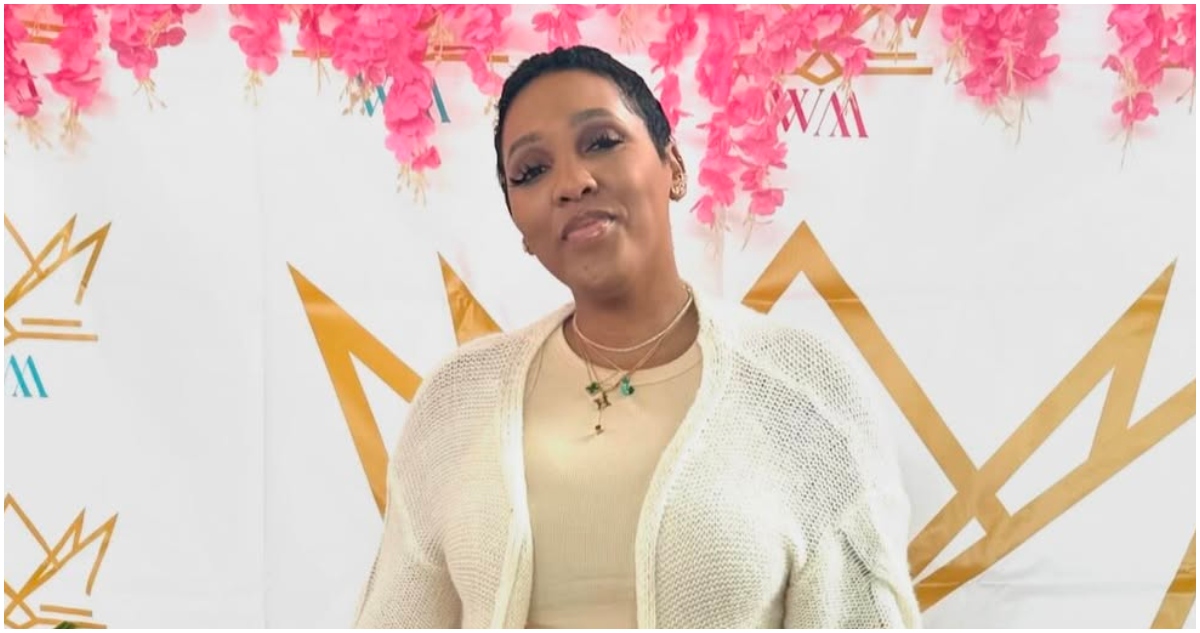Choosing to live a child-free life is a deeply personal decision that challenges societal norms and sparks conversations about identity, fulfillment, and legacy. For Black women, this choice often comes with unique financial challenges and opportunities. Journalist Jasmine Browley, in collaboration with financial expert Dr. Jay Zigmont, has crafted a groundbreaking guide to help child-free Black women build wealth, secure their futures, and embrace financial freedom on their own terms.
Why Traditional Financial Advice Doesn’t Work for Child-Free Women
Traditional financial planning often revolves around raising a family, leaving child-free individuals with few tailored resources. Dr. Jay Zigmont, a certified financial planner specializing in child-free finances, explains that most financial advice assumes you’ll have dependents.
“Building generational wealth or saving for future children are core assumptions in personal finance,” Zigmont tells ESSENCE. “But what about those who don’t fit that mold?”
For child-free Black women, this gap in financial guidance can feel isolating. Browley’s guide addresses this by offering strategies that align with their unique goals, whether it’s traveling the world, advancing their careers, or simply living life on their own terms.
The Importance of Life Insurance and Disability Coverage
Life insurance is often marketed as a way to protect your family’s future. But for child-free individuals, it may not be a priority. Zigmont suggests focusing on disability insurance instead.
“Disability insurance protects your income if you’re unable to work due to an injury or illness,” he explains. “It’s like life insurance, but it works for you while you’re alive.”
This approach ensures that child-free women can maintain their independence and financial stability, even in the face of unexpected challenges.
Planning for Long-Term Healthcare and Emergencies
One of the biggest concerns for child-free individuals is who will care for them in old age or during a medical emergency. Zigmont emphasizes the importance of having a will, medical power of attorney, and financial power of attorney in place.
“If you don’t have these documents, the government or healthcare organizations could make decisions for you,” he warns. “No one wants that.”
Resources like Freewill.com make it easy to create these documents, often for less than $15. Zigmont is also developing a product to help child-free individuals designate a trusted executor for their medical and financial wishes.
Setting Boundaries as a Caregiver
Child-free Black women are often expected to take on caregiving roles for aging parents or siblings. Zigmont’s guide, No Baby Steps, provides a roadmap for managing these responsibilities without sacrificing personal goals.
“Just because you don’t have kids doesn’t mean everyone should have ownership of your time and money,” he says. Setting boundaries is key to maintaining balance and ensuring your own needs are met.
Coping with Societal Judgments
Choosing to be child-free can come with harsh judgments, especially in Black communities where women are often expected to be caretakers. Zigmont advises tuning out these voices and focusing on your own path.
“It’s not your job to change anyone’s mind,” he says. “This is your life, and you get to live it how you want.”
Platforms like the Love Jones Cohort and No Bibs, Burps, Bottles offer support and community for child-free Black women, reminding them they’re not alone in their journey.
A Roadmap to Financial Freedom
Jasmine Browley’s guide, inspired by Zigmont’s expertise, is a powerful tool for child-free Black women looking to grow wealth, create freedom, and build a secure future. By challenging traditional financial norms and offering tailored strategies, this guide empowers women to take control of their financial destinies.


